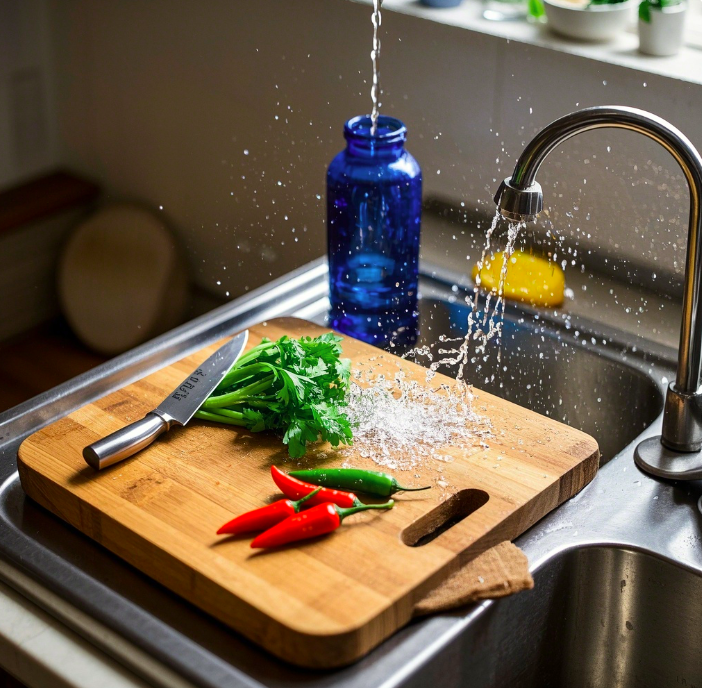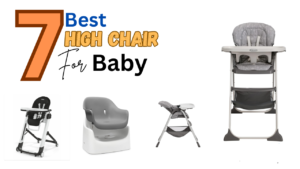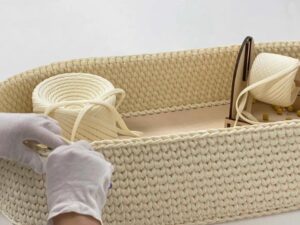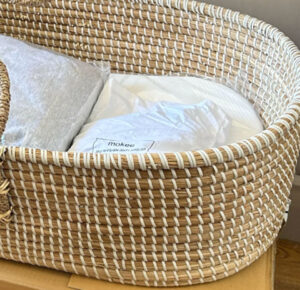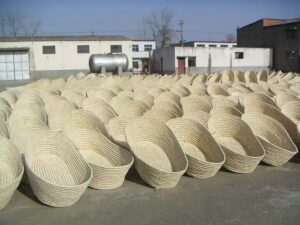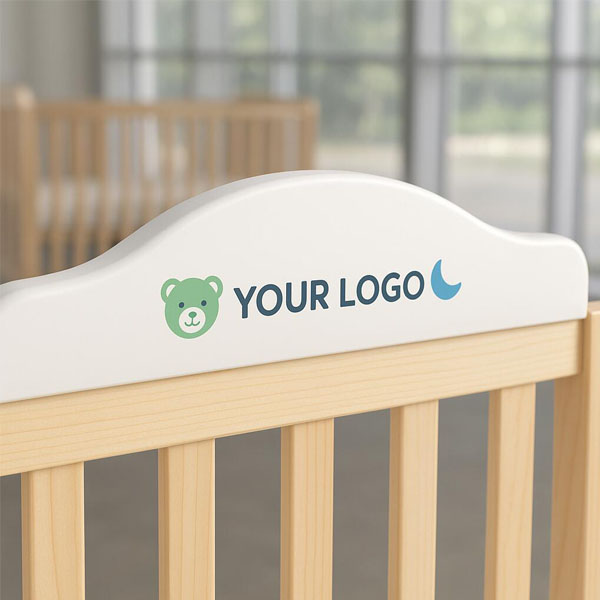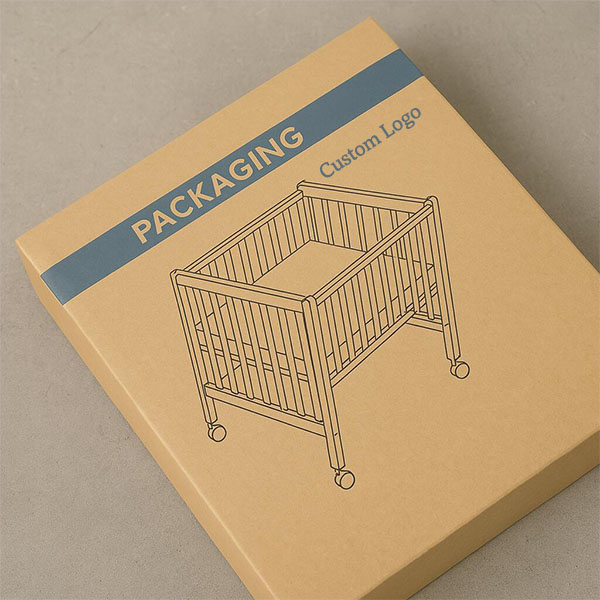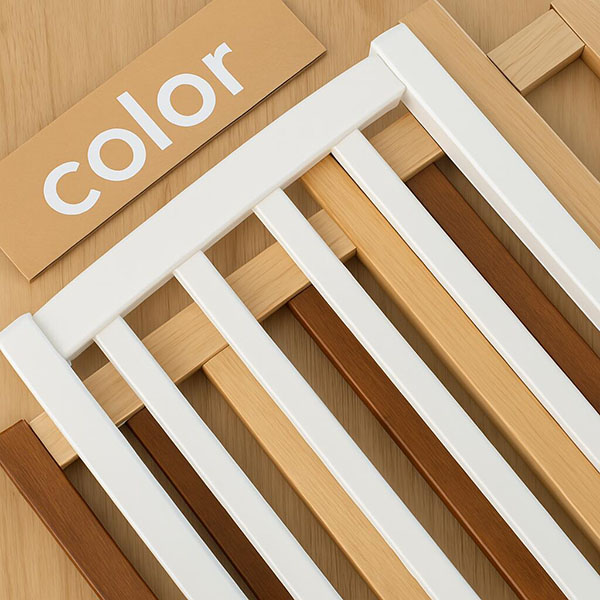How to Find the Ideal Over the Sink Cutting Board for Your Kitchen
An over-the-sink cutting board is a convenient, space-saving tool designed to fit seamlessly over your kitchen sink, providing extra prep space for chopping, slicing, and dicing. Whether you’re looking to maximize your kitchen’s efficiency or simply want a cleaner workspace, choosing the ideal cutting board can elevate your cooking experience. In this guide, we explore the key factors you should consider to find the perfect over-the-sink cutting board for your kitchen.
1. Why Choose an Over the Sink Cutting Board?
✅ Maximize Counter Space
Over-the-sink cutting boards are perfect for small kitchens where counter space is limited. By utilizing the space above your sink, they provide an extra area for food prep, so you don’t have to clutter up your main countertops.
✅ Better Organization
These boards can be used for draining vegetables, rinsing fruits, or slicing ingredients directly into a bowl or pot, keeping your work area organized and minimizing mess.
✅ Versatility
Many over-the-sink boards come with added features such as built-in colanders, drainage holes, or expandable sides to accommodate different sink sizes. Some can even double as a trivet or serving board when not in use for chopping.
2. Factors to Consider When Choosing an Over the Sink Cutting Board
1. Size and Fit
The most important consideration is how well the cutting board fits over your sink. Over-the-sink cutting boards typically come in a few standard sizes, but it’s essential to measure your sink before purchasing.
- Measure your sink: Check both the width and length of your sink to ensure the cutting board will fit securely over it.
- Consider expandable boards: Some over-the-sink boards are adjustable to accommodate different sink sizes, offering a customizable fit.
2. Material
Over-the-sink cutting boards are made from various materials, and each has its advantages. Here’s a look at the most common types:
- Bamboo: Eco-friendly, lightweight, and gentle on knives, bamboo cutting boards are a great choice for those who want a durable and sustainable option.
- Plastic: Plastic boards are easy to clean, lightweight, and often come with built-in drainage holes or grooves for liquid runoff.
- Wood: Wooden cutting boards are sturdy and offer a classic look, but they can be heavier and more prone to damage if not properly maintained.
- Composite: Materials like Epicurean (made of recycled paper and resin) are heat-resistant and knife-friendly, offering an excellent alternative to traditional wood or plastic.
3. Drainage Features
The best over-the-sink cutting boards include drainage features to help with easy cleanup. Look for boards with:
- Grooves: These allow excess liquids (like juices from meat or fruit) to drain into the sink rather than collecting on the board.
- Built-in colanders: Some boards come with a small colander or strainer that can be used for washing or draining vegetables directly on the board.
4. Thickness and Durability
When choosing a cutting board, make sure to select one that is thick enough to withstand regular use without warping, cracking, or bending. A thicker board will be more durable and provide a more stable cutting surface. On the other hand, thinner boards may be more lightweight but could sacrifice longevity.
- Thicker boards (around 1 inch) are generally more durable, but heavier.
- Thinner boards (around 0.5 inches) are lightweight and easy to handle but may not be as sturdy.
5. Non-Slip Features
Since the board will be placed over the sink, it’s essential that it doesn’t slide around while in use. Look for boards that have non-slip feet, silicone edges, or grippy surfaces to keep them stable and safe while you chop and slice.
- Rubber feet: Some over-the-sink boards come with small rubber feet to prevent slipping, which is especially important when using sharp knives.
- Non-slip surfaces: Some materials like bamboo or composite have built-in textures that help reduce movement on the counter.
6. Ease of Cleaning
Cleaning is a key factor when selecting a cutting board. Some materials are easier to clean than others:
- Plastic: Plastic boards are usually dishwasher-safe and easy to sanitize, making them low-maintenance options.
- Bamboo: Bamboo requires hand washing and periodic oiling to maintain its finish.
- Wood: Wooden boards may need special care, such as oiling and careful hand washing to prevent cracking or warping.
- Composite: Composite boards are generally low-maintenance and can be cleaned in the dishwasher.
3. Best Uses for an Over-the-Sink Cutting Board
✅ Food Prep & Chopping
These boards are perfect for dicing vegetables, cutting fruits, or even carving meat. With ample space above the sink, you can easily collect food scraps and discard them in the sink.
✅ Draining & Rinsing
Many over-the-sink cutting boards come with integrated drainage holes or colanders. This allows you to rinse and chop ingredients without the need for extra utensils, keeping your work area clean and organized.
✅ Defrosting Meat
If you’re defrosting meat, you can place it directly on an over-the-sink cutting board, which allows for better airflow and reduces the risk of cross-contamination by catching any excess liquid.
✅ Servings & Plating
Some over-the-sink cutting boards are designed to be aesthetically pleasing, doubling as a serving tray for fruits, cheeses, and appetizers once food prep is finished.
4. Additional Tips for Using an Over-the-Sink Cutting Board
1. Consider a Board with Extendable Sides
If you frequently switch between small and large cutting tasks, a board with extendable sides will be an excellent choice. These adjustable boards can fit smaller sinks while also expanding to accommodate larger setups.
2. Use the Board for Batch Cooking
When meal prepping for the week or cutting a large number of ingredients, an over-the-sink cutting board allows you to work efficiently without needing extra space on the countertop.
3. Regular Maintenance
For materials like wood and bamboo, regular maintenance such as oiling and conditioning is essential to preserve the surface and ensure the board lasts long-term.
5. Top Picks for Over-the-Sink Cutting Boards
Here are a few popular over-the-sink cutting boards that have garnered great reviews:
-
OXO Good Grips Over the Sink Cutting Board
Made from BPA-free plastic, this board features an expandable design that fits most sinks, non-slip edges, and drainage holes for easy cleanup. -
Epicurean Over-the-Sink Cutting Board
Made of composite material, this board is dishwasher-safe and has a sleek, slim profile, making it ideal for smaller kitchens. -
Prepworks by Progressive Over the Sink Cutting Board
This lightweight, durable board includes a built-in colander and drainage area, perfect for rinsing produce while prepping. -
Lipper International Bamboo Over-the-Sink Cutting Board
Crafted from eco-friendly bamboo, this board offers a non-slip surface and is perfect for light cutting tasks and fruit/vegetable prep.
6. Conclusion: Is an Over-the-Sink Cutting Board Right for You?
An over-the-sink cutting board is a highly practical and versatile kitchen tool for those looking to save space and increase efficiency. By considering the factors above—such as size, material, and drainage features—you can find the perfect cutting board to suit your needs. Whether you’re looking to add more space for food prep, improve the organization of your kitchen, or simply enjoy a stylish and functional tool, an over-the-sink cutting board can be an excellent addition to your cooking routine.
For an ideal kitchen setup, combine a durable over-the-sink board with other high-quality cutting boards to ensure you always have the right tool for any cooking task.
Optimized for search engines, this guide provides a detailed analysis to help you select the best over-the-sink cutting board for your kitchen needs.

